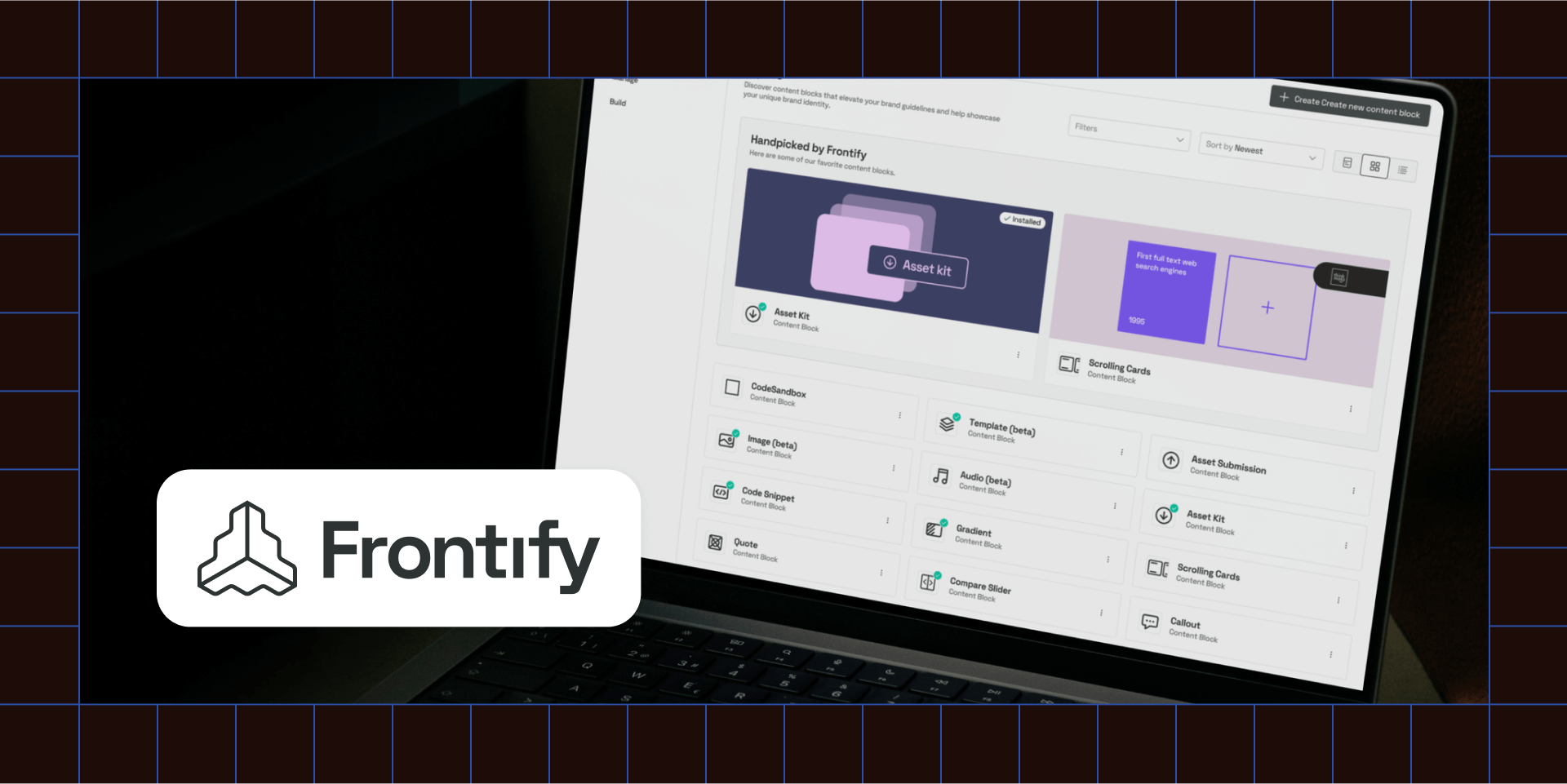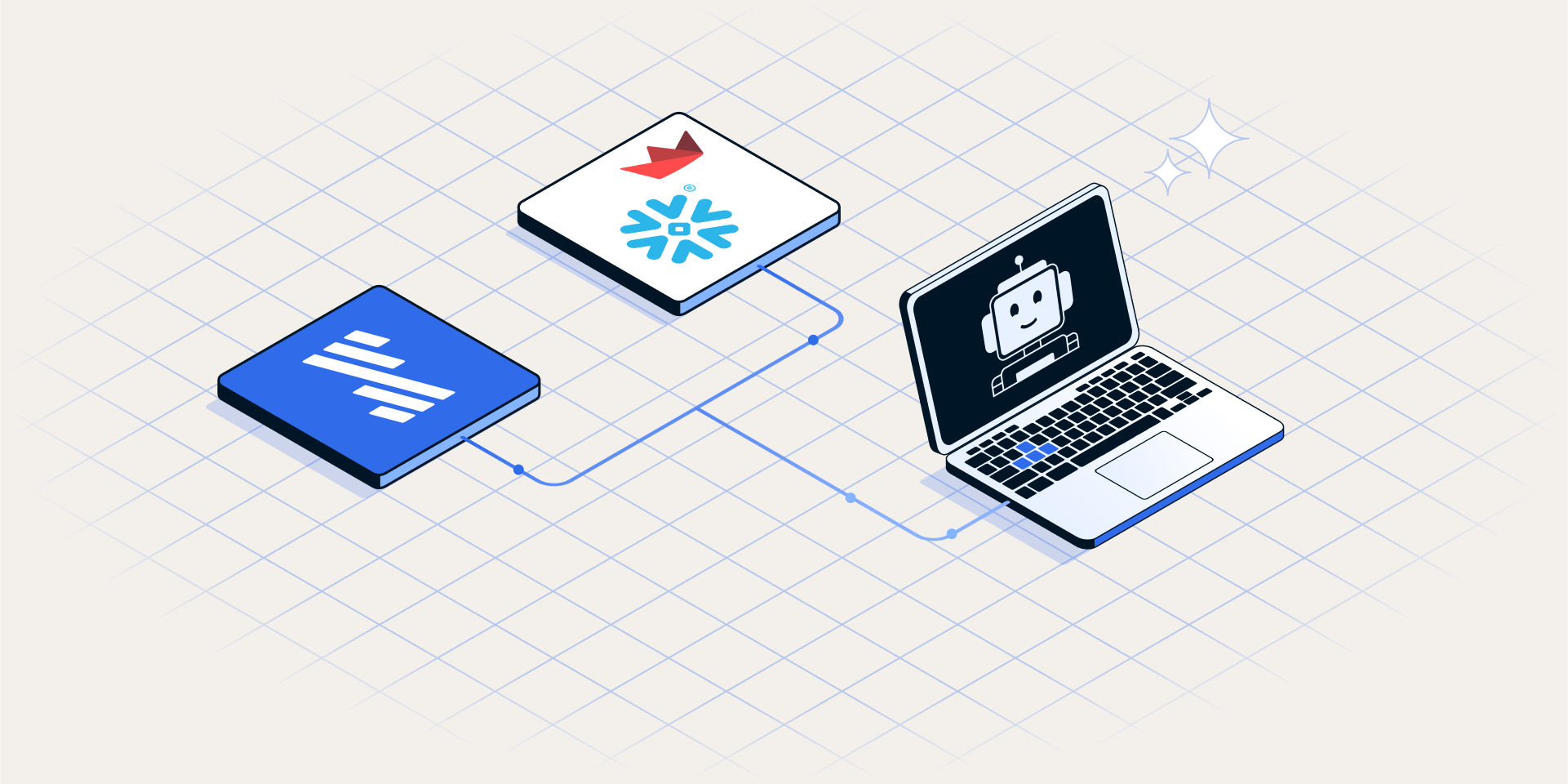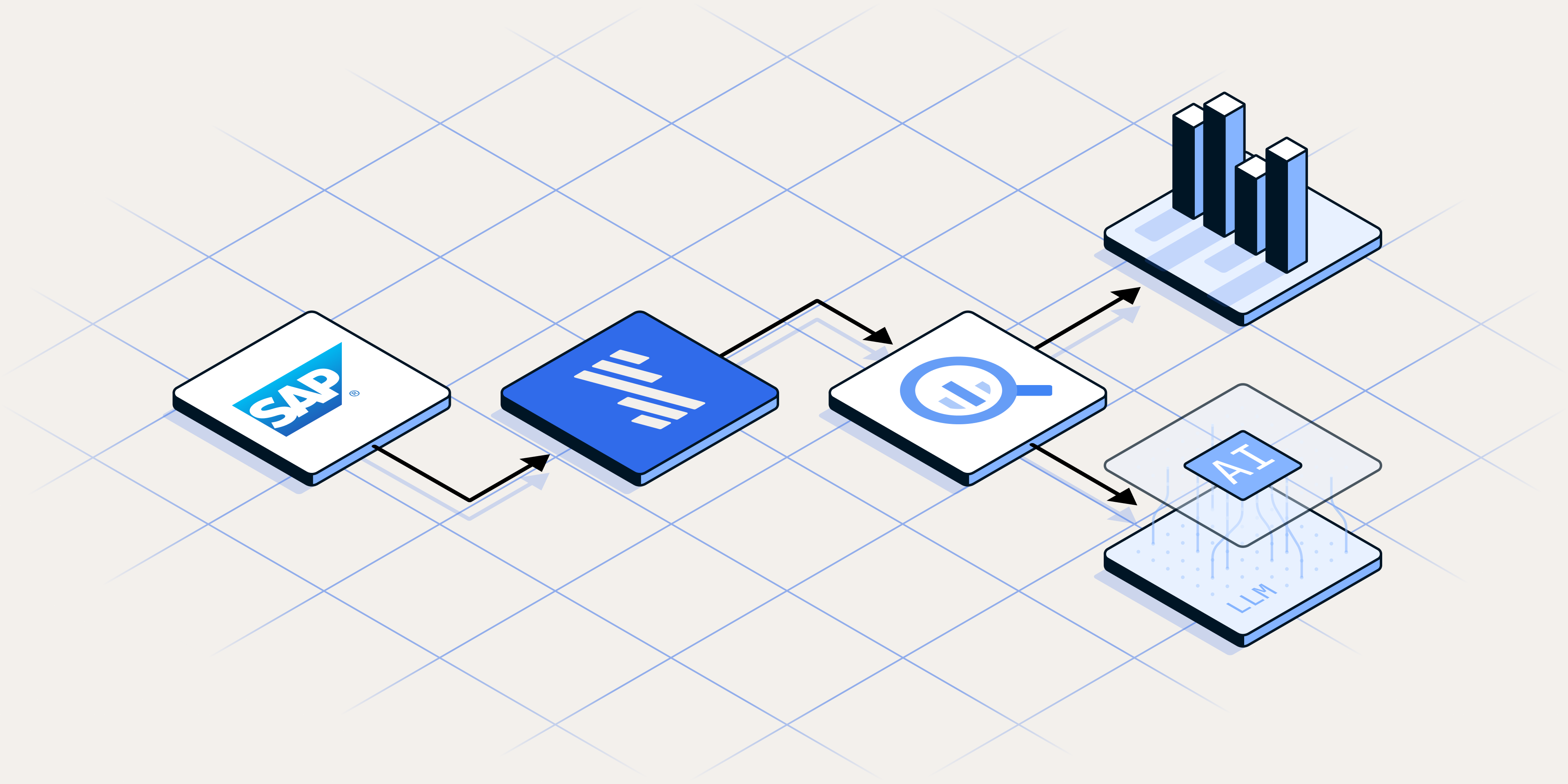“No one asks the question ‘is the data correct?’ anymore. We no longer get notifications that tell us loads have failed. Fivetran just works.”
— Michal Lapinski, Data Analyst, Frontify
Key Benefits
- Reports that took a month are now accessible within 30 minutes
- Modern data stack resolves pain points
- Trustworthy data becomes single source of truth
- Data team freed up for higher value projects
- ‘Data for all’ becomes attainable goal
Data stack
- Pipeline: Fivetran
- Source: Hubspot, Zuora, Intercom, Recurly
- Destination: Snowflake
- Analytics: ThoughtSpot
Launched in 2013, Frontify helps companies grow their brands by connecting everything and everyone important to the growth of your brand in one place. A powerful ecosystem, the cloud platform provides a holistic set of solutions, tools, integrations and templates that covers every aspect of the brand journey. As part of the Swiss scale-up’s recent $50 million funding round, Frontify is focusing on further advancing its technology and adding to an analytics capability that is central to its mission.
The Challenge: How to build a single source of truth
To build a solution that every department in customer companies would find intuitive to use, it was imperative that Frontify understood how people worked with the platform. Customer success and the product team needed to know if there were engagement issues that undermined the user experience. At the same time, sales and marketing wanted to optimise their resources and get a better return on investment around lead generation; finance needed visibility of the bottom line and recurring revenues. What they all needed was insight into the data.
Initially, there were just three people on the data analytics team and no stable data infrastructure. Custom written Python scripts were used to pull data from business applications into a MySQL database. On top of it was a BI tool that nobody wanted to use because it was often too slow or the data was incomplete from scripts failing. It was also not the most user friendly tool. Access was user-based, so the data team was in charge of updating the reports and dashboards.
“It was a real pain point,” recalled Sibel Atasoy Wuersch, Data Lead. “We were stuck in a loop of constantly updating reports.”
— Sibel Atasoy Wuersch, Data Lead at Frontify
The data team knew exactly what they needed in order to address these pain points to become truly data driven. They wanted a single source of truth built with a scalable and powerful data stack that could be accessible to everyone at Frontify. Luckily, management also wanted the same thing.
THE SOLUTION: Data stack triggers explosion in use cases
Frontify’s data team began a careful evaluation of Modern Data Stack components to find the best solution for the business. Snowflake was the first investment as their data warehouse vendor. Next came the automated ELT. Fivetran was chosen over Stitch for many reasons, including the number and range of connectors, better handling of encryption, ease of use, and its transformation capabilities. ThoughtSpot was chosen as their business intelligence tool to empower users to engage directly with their data through search. This was impossible with their old BI system. After the implementation of ThoughtSpot, the Modern Data Stack was complete.
Transitioning from the MySQL database to the new stack took time. An overall raw data layer was built in Snowflake that brought in Fivetran data sources and custom ETL scripts. A data mart was created for reporting and analytics with ‘self-service’ search-driven analytics on top. Connecting Fivetran to key data sources like HubSpot was the easiest part. After validation checks were completed, the data team had complete trust in Fivetran and the ingestion part of the process.
Snowflake now runs 760 tables and 670 million rows. ThoughtSpot has two million rows, 34 tables and six worksheets. Five additional worksheets and 260 million rows are a work-in-progress, reflecting how use cases have exploded. Fivetran connectors are feeding data to Snowflake from a range of sources, including HubSpot for sales and marketing and Zuora and Recurly for recurring revenues.
The data team has grown to four people. Most of the team's time is focused on data engineering and analytics versus building out custom connectors. Their roles have been transformed by the new data infrastructure which allows them to focus on what's most important, the data, versus fixing and building data pipelines manually.
“Fivetran gives us credible data, Snowflake provides stable transformation, and ThoughtSpot shows it to everyone. It’s a very powerful structure,” said Lapinski.
THE RESULTS: Key metrics from data that’s trusted
The combination of Fivetran, Snowflake, ThoughtSpot has facilitated department-specific databases that can be queried by Frontify’s different stakeholders. Instead of relying on analysts who needed a month to generate reports, employees now can cut through complexity by syncing data faster into their data warehouse using Fivetran and create their own ThoughtSpot ‘Liveboards,’ which act like interactive dashboards and can be created in minutes.
Key metrics are now presented at weekly revenue meetings, around recurring revenues and onboarding gains. The deal pipeline is explored, year-on-year growth split by market, and average opportunity values analysed.
“Our previous infrastructure was just not there to handle big queries,” said Sibel Atasoy Wuersch. “We get much faster results with our new infrastructure. The pain point is gone.”
Because of Fivetran, Frontify has reliable data that everybody can trust – a big change from the early days of the company.
“No one asks the question ‘is the data correct?’ anymore,” said Lapinski. “We no longer get notifications that tell us loads have failed. Fivetran just works. I log in once or twice to check the cost and that’s it.”
A big win for Sibel Atasoy Wuersch has been a change in how her team works. “Constantly having to fix scripts so that the data gets delivered to our business partners just doesn't happen anymore,” she said. “We can now run queries at the same time. Before you’d have to ask a colleague to stop what they were doing to get a task that was business critical done.”
The self-service element, where people compile their own ‘Liveboards’ , has liberated the data team from rudimentary tasks and allowed them to concentrate on projects that deliver long-term value to the business. “We are focusing on making sure every single person in our company has their data available for them to use,” said Atasoy Wuersch. “That's our goal.”









%20(1).png)


.svg)
.svg)
.svg)